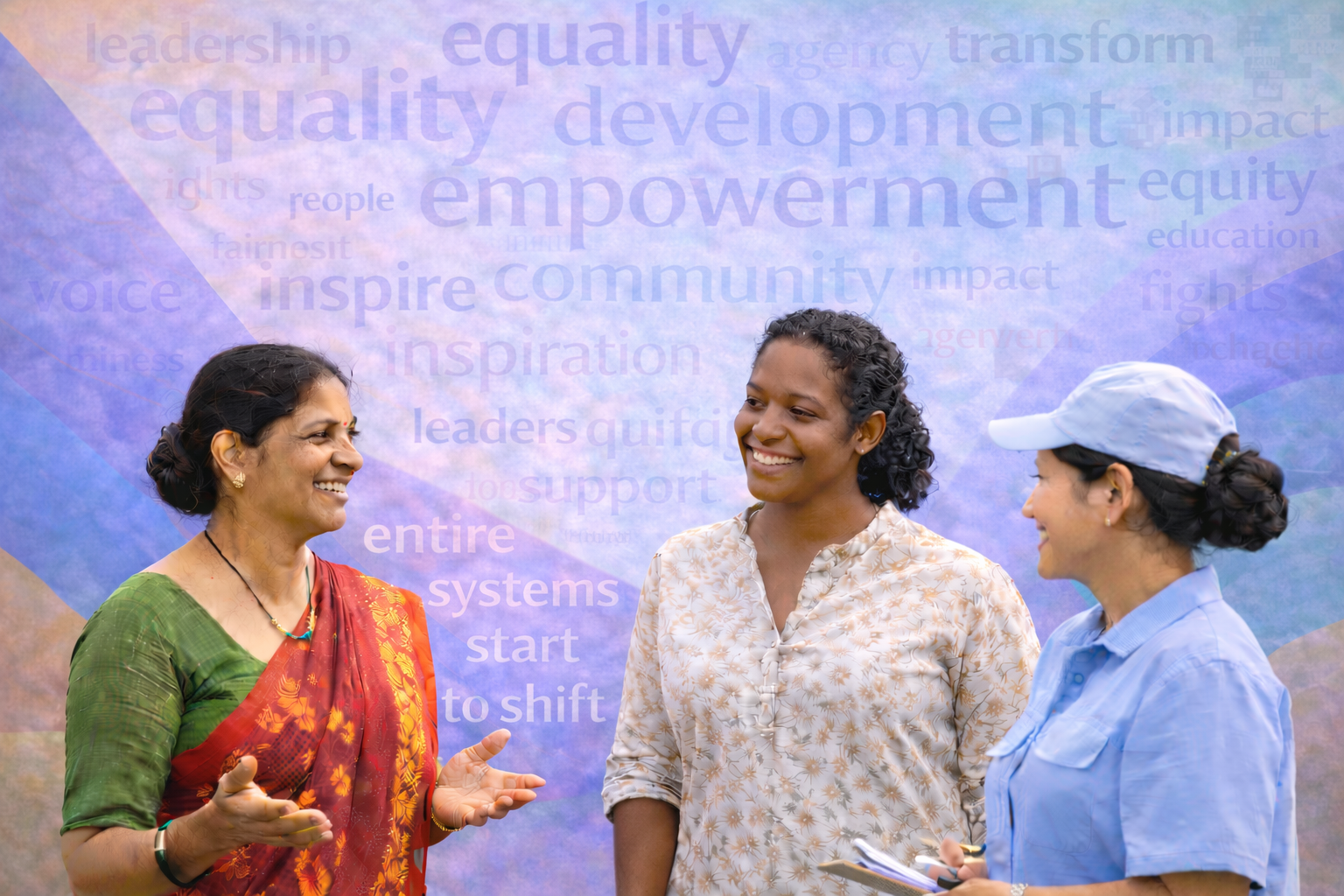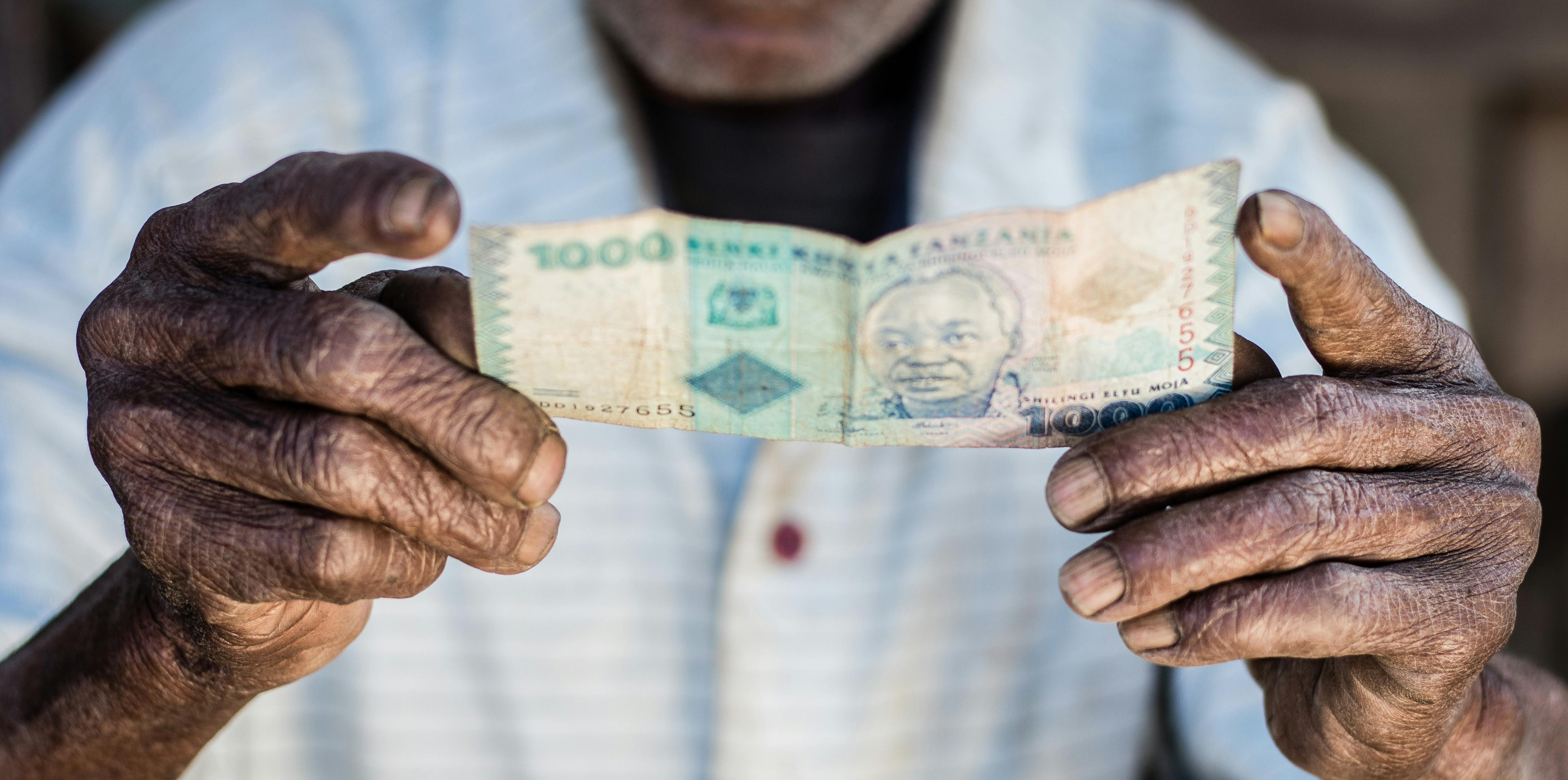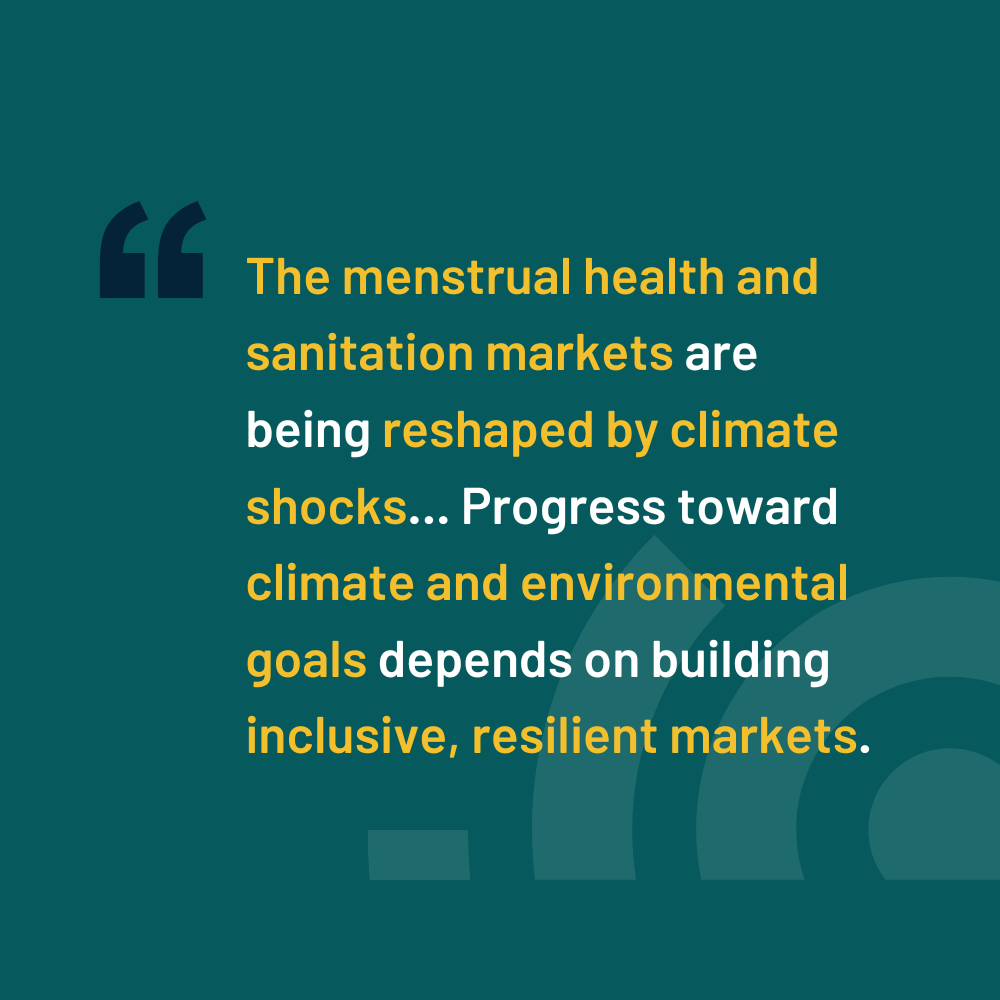
Local currency loans can drive sustainable sanitation finance

As global development finance undergoes seismic shifts, one message should rise above the rest: The future of sustainable development depends on smarter, more inclusive financing, especially for overlooked sectors such as sanitation.
(This opinion piece was first published on Devex on 22 July 2025.)
In the face of shrinking aid budgets, rising climate vulnerabilities, and persistent development financing gaps, one issue remains underappreciated: How we fund sanitation — specifically products, services, and infrastructure such as toilets, collection, transport, and treatment of waste — and in what currency.
In low- and middle-income countries, millions still lack access to safe sanitation and waste management systems, with dire consequences for public and environmental health, education, gender equality, and economic productivity.
Traditional large-scale sanitation infrastructure, such as sewer networks and centralized treatment plants, often bypass the hardest-to-reach communities. Nonsewered sanitation, i.e., systems that do not rely on pipes to transport waste such as pit latrines or container-based toilets, remains one of the most overlooked and underfinanced development opportunities. Projects such as these offer jobs and markets for toilet construction, maintenance, waste collection, treatment, and reuse.
Sustainability starts with local currency financing
While much attention is given to bridging the financing gap across the Sustainable Development Goals, there is far too little focus on how much of that financing reaches essential sectors such as sanitation, and how it is structured.
At present, sanitation projects are primarily seen as heavy-infrastructure investments funded through national budgets, international donors, and debt. There are increasing market-based approaches that aim to grow local markets and accelerate delivery of services through public-private partnerships. But these rely on financing in loans denominated in foreign currencies such as U.S. dollars — the running currency for most development institutions. When local currencies depreciate due to global shocks or domestic volatility, the cost of repaying those loans can soar. An initiative or enterprise that is financially sound in local terms can suddenly become unsustainable. This is especially risky in sanitation, where revenue streams are often modest and the returns are measured in health outcomes and social equity, not profit margins.
Local currency financing is not a technical detail; it is a development imperative. It reduces exchange rate risk, improves bankability and attractiveness of projects for investors, and ensures that borrowers are not penalized by macroeconomic instability. It makes investments more attractive and accessible, especially in underserved areas, and helps unlock both public and private capital.
A new playbook for impact
With an estimated $12.5 billion sanitation economy projected by 2030, Nigeria is ripe for transformation. Yet more than 40% of the country’s population currently lacks access to improved sanitation, and cholera outbreaks remain a threat in underserved communities. A new collaboration between the United Nations’ Sanitation and Hygiene Fund, or SHF, and the Development Bank of Nigeria, or DBN, is helping to change that trajectory.
By leveraging DBN’s extensive countrywide network of participating local banks and financial institutions, and its deep engagement with micro, small, and medium-sized enterprises, a new model for sanitation finance is emerging to scale existing efforts. With SHF supporting the provision of targeted technical assistance and capacity building to both lenders and entrepreneurs on shaping sector-specific loan products and helping businesses prepare for the injection of capital, local sanitation businesses are gaining access to tailored, local currency loan products, and becoming more bankable in the process.
This model goes beyond financing. It offers a blueprint for how development finance can support local groups, from small-scale entrepreneurs to families, to build scalable, climate-smart, and socially inclusive sanitation systems.
By harnessing local currency financing to scale local sanitation enterprises and markets, this partnership with a national development bank is demonstrating how development finance can be transformed to support inclusive growth, climate resilience, and health outcomes. This can be applied beyond sanitation, to other high-impact sectors that are chronically underfunded — and beyond Nigeria to emerging markets globally.
Financing for the future
As the development community rethinks the mechanics of global financing, this national development bank model offers three critical lessons.
1. It prioritizes local currency, shielding borrowers from foreign-exchange volatility and making capital more accessible to local enterprises.
2. It creates agility and scale, enabling sanitation systems to reach underserved communities at the pace and scope required.
3. Finally, it seeks to use blended finance strategically, not just as a buzzword, but as a bridge that unlocks catalytic capital, drives public-private partnerships, and makes smart subsidies work harder, by and for countries themselves.
Looking ahead, this is the kind of development finance we need: inclusive, adaptive, and built from the ground up. With the right financial tools and partnerships, even the most overlooked sectors, such as sanitation, can become powerful engines of sustainable and equitable growth.
***
About the authors

Cecilia Akintomide
Cecilia Akintomide is a distinguished leader in development finance, corporate governance, and strategy, currently serving as chairperson of the United Nations’ Sanitation and Hygiene Fund. With extensive experience across global organizations, she sits on the boards of prominent companies in finance, engineering, and innovation, and has held senior roles at the African Development Bank and Ecobank Transnational. A passionate advocate for women’s economic empowerment and sustainable development in Africa, Cecilia has been recognized with prestigious honors, including Nigeria's national award of Officer of the Order of the Niger, or OON.

Tony Okpanachi
Tony Okpanachi, Ph.D., managing director/CEO of Development Bank of Nigeria Plc, boasts over 30 years in banking. Formerly deputy managing director of Ecobank Nigeria and a regional managing director across East Africa, his diverse expertise spans treasury, corporate finance, and retail. Holding a doctorate in development economics and an MBA, he's a fellow of CIB and CIS, and a highly accomplished, strategic financial leader.



